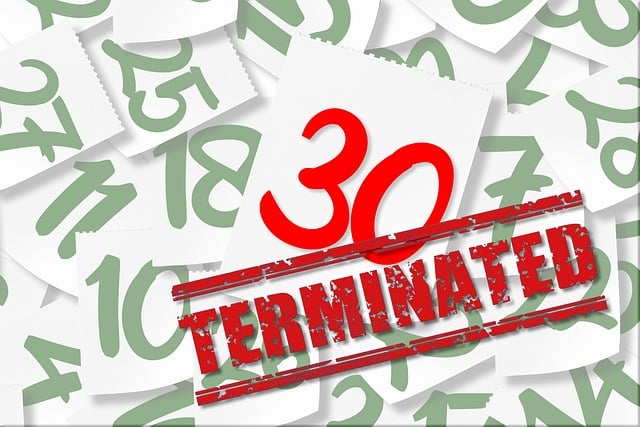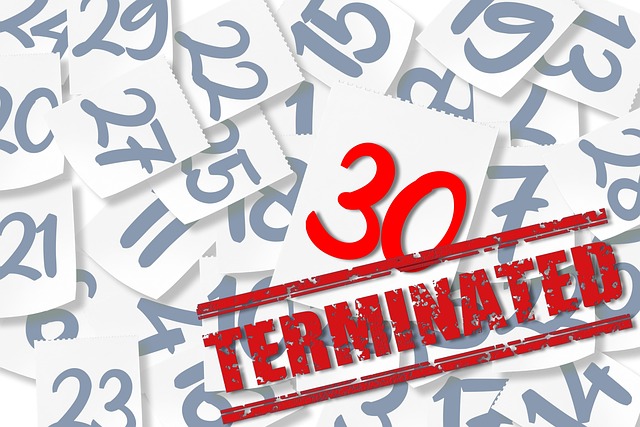Enforcing support payments in Oregon involves a structured process led by the Oregon Child Support Division. It begins with gathering court orders and notification to the non-custodial parent or ex-spouse. Legal consequences like wage garnishments or license suspensions are triggered if payments aren't made. Effective enforcement requires understanding state laws, clear communication, and leveraging Oregon's support enforcement framework, with professional legal assistance for complex matters.
Enforcing support payments is a critical aspect of ensuring financial stability for families in Oregon. This article guides you through the essential steps to navigate the Oregon support enforcement process effectively. From understanding the state’s laws and obligations to initiating legal action, we provide practical strategies for ensuring compliance with support payments. Learn how to enforce these payments legally, explore Oregon child support enforcement procedures, and gain insights into effective tactics to secure financial responsibilities in this comprehensive guide.
- Understanding Oregon Support Payment Laws and Obligations
- Initiating the Support Enforcement Process in Oregon
- Effective Strategies for Ensuring Compliance with Oregon Support Payments
Understanding Oregon Support Payment Laws and Obligations

Understanding Oregon’s support payment laws and obligations is a crucial first step in enforcing these payments. In Oregon, both child support and spousal support (also known as alimony) have specific legal frameworks. Child support is determined based on factors like parents’ income, children’s needs, and time spent with the child. Spousal support, on the other hand, considers factors such as length of the marriage, each spouse’s earning capacity, and standard of living during the marriage. Oregon Department of Human Services (DHS) plays a pivotal role in both types of support enforcement, ensuring that payments are made and received according to court orders.
The support payment process involves several key steps. Initially, a court order is required to establish or modify support obligations. This order outlines the specific amounts and schedules for payments. Once this is in place, DHS serves as an intermediary, collecting payments from non-custodial parents (in child support cases) or ex-spouses (in spousal support cases) and disbursing them to the custodial parent or spouse. Legal support enforcement can be a complex process, involving various tools such as wage garnishments, bank account levies, and even license suspensions for non-compliance. It’s essential to consult with an attorney specializing in family law to ensure all legal avenues are explored during the enforcement of support payments.
Initiating the Support Enforcement Process in Oregon

In Oregon, enforcing support payments is a structured process designed to ensure financial obligations related to child or spousal support are met. The first step for anyone seeking to enforce support payments is to gather all necessary documentation, including court orders, evidence of non-payment, and personal information about the obligor (the person responsible for making the payments). This initial phase is crucial as it lays the groundwork for the entire enforcement process.
Once the foundational documents are in place, individuals can initiate legal support enforcement by contacting the Oregon Child Support Division or a local court. These entities offer resources and guidance tailored to Oregon’s support payment laws. They may assist in serving notice on the obligor, which officially begins the enforcement process, leading to potential wage garnishments, driver’s license suspensions, or other legal consequences if payments remain unpaid.
Effective Strategies for Ensuring Compliance with Oregon Support Payments

Ensuring compliance with Oregon support payments is a multifaceted process that requires a strategic approach. One effective strategy involves staying informed about state laws and regulations governing support payments. Regularly updating knowledge on changes in legislation can help individuals and agencies navigate the intricate support payment process accurately. Additionally, establishing clear communication channels is vital; keeping all parties involved—from parents to enforcement agencies—informed enhances transparency and reduces potential misunderstandings.
Legal support enforcement plays a crucial role in maintaining compliance. Utilizing Oregon’s legal framework, which includes robust child support enforcement mechanisms, can facilitate the collection of outstanding payments. These measures may include wage garnishments, bank account levies, or even license suspensions for non-compliance. Working with professionals who specialize in support enforcement can streamline this process, ensuring that every step is taken legally and efficiently to resolve payment issues.






